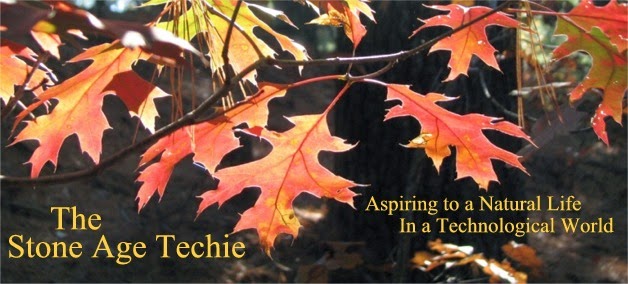My great ideas come from a combination of three things: creative constraint, percolation, and interaction with people, books, and media (like awesome podcasts!)
I'll take the last one first: thank goodness, my life is full of great conversations, listening, and reading. Ben and I have always loved talking together (well, except for that one time when the kids were away and we had a huge fight about, for some reason, incentive pay for teachers), and Luke and Owen ask the most amazing questions, starting from when they were really small. Personal favorite, when Owen was two: "Mom, where was I before I was in your belly?" As a family, we often talk about history and current events. Mostly our conversations focus on academic-minded topics, like using technology to solve problems, or behavioral economics. About a year ago, I put the book Freakonomics into 13-year-old Luke's hands, and it changed his life – then, he took a Harvard Secondary School Program class in game theory, and changed mine right back. (I am currently kind of obsessed with game theory.)
In his great book, Talk Like TED, Carmine Gallo discusses the 18-minute maximum length of a TED talk, referring to it as a creative constraint – I guess in public speaking, an 18-minute presentation is super short, which helps the speaker distill his or her presentation into the clearest, most crystallized form.
In my life, these last three years have been quite a restrictive form of creative constraint; with an arthritic-like tendon condition that affects every part of my body, I have sometimes felt like I am in a box that keeps getting smaller and smaller. To preserve my sanity, I have had to find ways of stimulating my brain without overusing my limbs, enjoying participation in the world of ideas through reading, podcasts, and more recently with voice recognition software. Also, music has been a huge help –Spotify in particular is a favorite in our home, because of its serendipitous nature and fabulous playlists – and meditation has saved my bacon too, even though I am the world's worst meditator.
 |
| Owen, at four, 'meditating' with a book |
 |
| Luke, at about 10, showing the patience needed for gardening |
Most of my ideas have to do with home, hearth, and family, which makes good sense given that I am a homeschooling mama. They are perhaps not life- or career-changing, but they make our household run a little more smoothly, help the boys figure something out in their learning, or bring us all closer together.
But recently, I had an idea that is about a little bit more than just our family. It has to do with the changing face of childhood in our culture, with how we treat kids growing up in this place and time. As an educator, I learned that giving kids – even very young kids – real choices and real control over their lives helps them learn better. However, as a society we seem to be doing the opposite and causing a crisis with our young children. That link up there will bring you to a study, Crisis in the Kindergarten, by Joan Almon and Edward Miller and endorsed by the Alliance for Childhood, a group that is full of early childhood luminaries and geniuses such as Howard Gardner and Vivian Gussin Paley, two of my heroes. The study shows that, nationwide, the time that children spend making their own choices in a school day is mostly extremely limited, and sometimes nonexistent.
It seems that we are scheduling our children's days to be full of learning experiences, which sounds like a good thing. But between test prep, squeezed budgets that limit recess and other self-directed time in a day, and the kind of hectic, crazy lives that we all live with as we try to get everybody to their music or sports practices, kids are losing the ability to stretch their own imaginations, and implement their own ideas.
Anyway, the idea that came to me (through creative constraint, reading and conversation, and especially percolation) was this: when we take away a child's ability to make choices and have some control, we fail to take them seriously.
Think about that for a minute. Think about how, when a decision that concerns you is made without your input, how disrespected that can make you feel. Think about how difficult that is to combat – even as an adult.
My idea for exploring this is called The Sincerity Project, and even though it seems like quite a small shift in perspective, it is leading to big changes in how I view teaching, learning, and parenting. I can't wait to share more about it!




